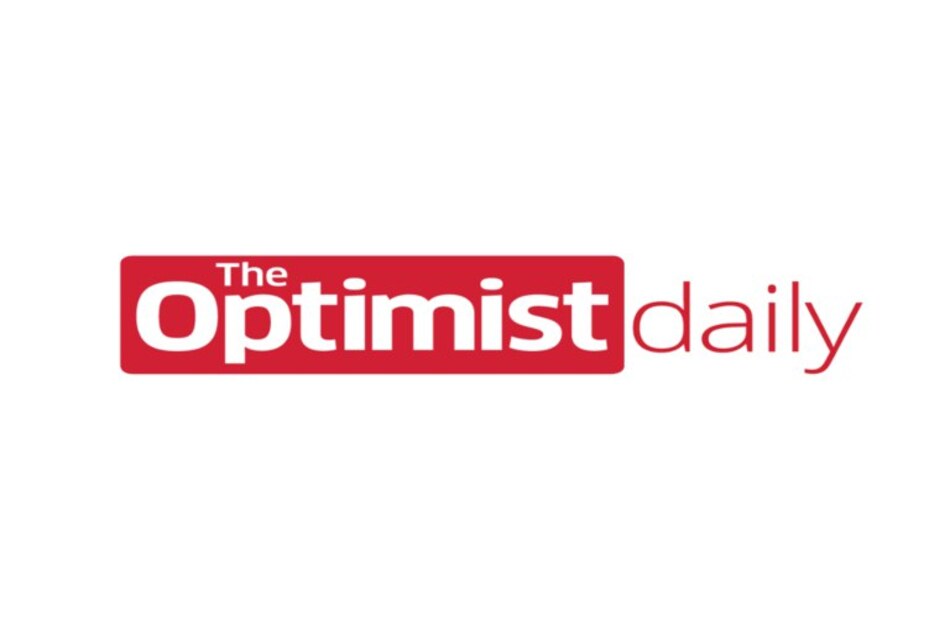During the pandemic, many of us relied on drive-through services to pick up essential medications or get a Covid test, but for blind or vision-impaired individuals, these convenient and safe options were simply not a possibility. Even before the pandemic, accessing and reading prescriptions was significantly more difficult for the vision impaired. Even if someone can get a ride to a pharmacy, reading prescription instructions and differentiating between prescriptions is difficult. This inequality is what prompted Alex Cohen and Andy Burstein to launch Accessible Pharmacy Services, a pharmaceutical services company specifically for the blind and vision impaired.
Based in Fairless Hills, Pennsylvania, the company offers prescription mailing services, and each prescription label comes with Braille, large print, and audio. Using ScripTalk, the label can be translated into spoken word using an app or free-standing device. Some packaging even offers tactile differentiations for morning and evening doses.
In addition to more accessible labels, the company also employs concierge agents who help coordinate refills, answer dosage questions, and communicate with patients’ doctors. Patients can also use Accessible Pharmacy Services to order medical equipment like blood pressure cuffs, thermometers, and blood glucose meters.
Pharmacy accessibility services for all may seem like a clear need, but if you’re not one of the 12 million people in the US with impaired vision, you might not even think about the limitations of traditional pharmacies. This lack of awareness is part of the reason that Accessible Pharmacy Services meets with an advisory panel of blind adults each month to identify potential shortcomings in their business model. So far, these meetings have led to the addition of pet and guide-dog medications to the delivery menu and over-the-counter essentials like aspirin and toothpaste.
Some states have taken initiative to expand pharmacy services for the vision impaired. Nevada and Oregon both mandate that pharmacies make a prescription reader available to customers, while Pennsylvania, Massachusetts, and Maine are exploring legislation that would require prescription labels to include Braille, print, high-contrast, and audio. Until more states adopt these measures, Accessible Pharmacy Services is operating in 31 states and hopes to expand to the entire US in the near future.











